EV Charging
Won't charge at home; won't work with some public chargers; won't fully charge; charge connection; charge port door.
What Owners Say
""Just regarding the use of is lts 50 amp charging port, unrepaired for 6 months under an unresolved recall.""
Anonymous A., VA (2020 Nissan Leaf SL Electric)"For some vague reason, Nissan prohibits me from using a fast (CHademo) charger. However, the can may still be hooked up to a fast charger; the company did NOT send through a software update to restrict me from using the fast charger. So, If I did not get the notice in the mail, I could still be fast charging the car. The risk is a battery fire. The "remedy" is a software modification. This does not seem like a very good "remedy". Without changing out the charger (electrical transformer) or the battery, why would a software "remedy" make me feel safe to use a CHademo charger? The "remedy" was supposed to be out in the fall of 2024. However, numerous times since then, Nissan has canceled my trip to the dealership to get the "remedy" and pushed out the date when the dealership would fix my car. In the meantime, I can only use a low amperage charger, such as the one in my garage. It takes two hours to recharge the battery 10% using the J charger (15 amp). So, for getting around town, this works well. However, I cannot venture even 100 miles from home without having to use a low amperage charger and spend HOURS getting back home. I will NEVER buy another all electric car again and I will NEVER buy any automobile from Nissan again."
Anonymous A., IL (2020 Nissan Leaf Unsure Electric)"Leaf came with a Chademo charging port Most public chargers only offer CCS or Tesla ports"
Anonymous, OR (2020 Nissan Leaf SV Electric)


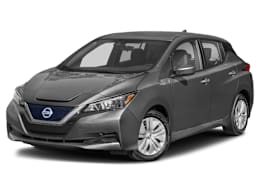
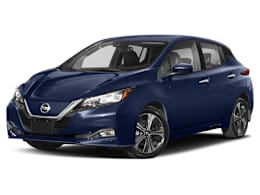
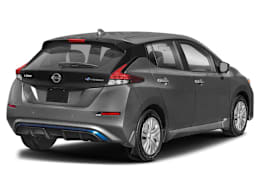
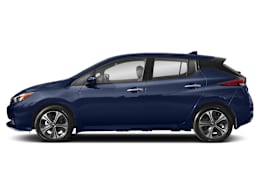
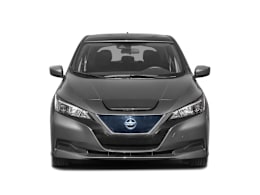
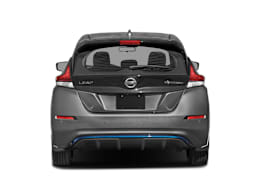
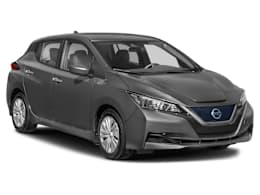
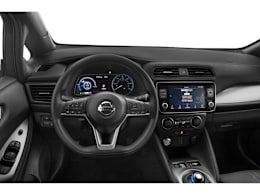

"Occasionally, when I hooked up the car to a CHademo charger, it didn't work."
Anonymous A., IL (2020 Nissan Leaf Unsure Electric)